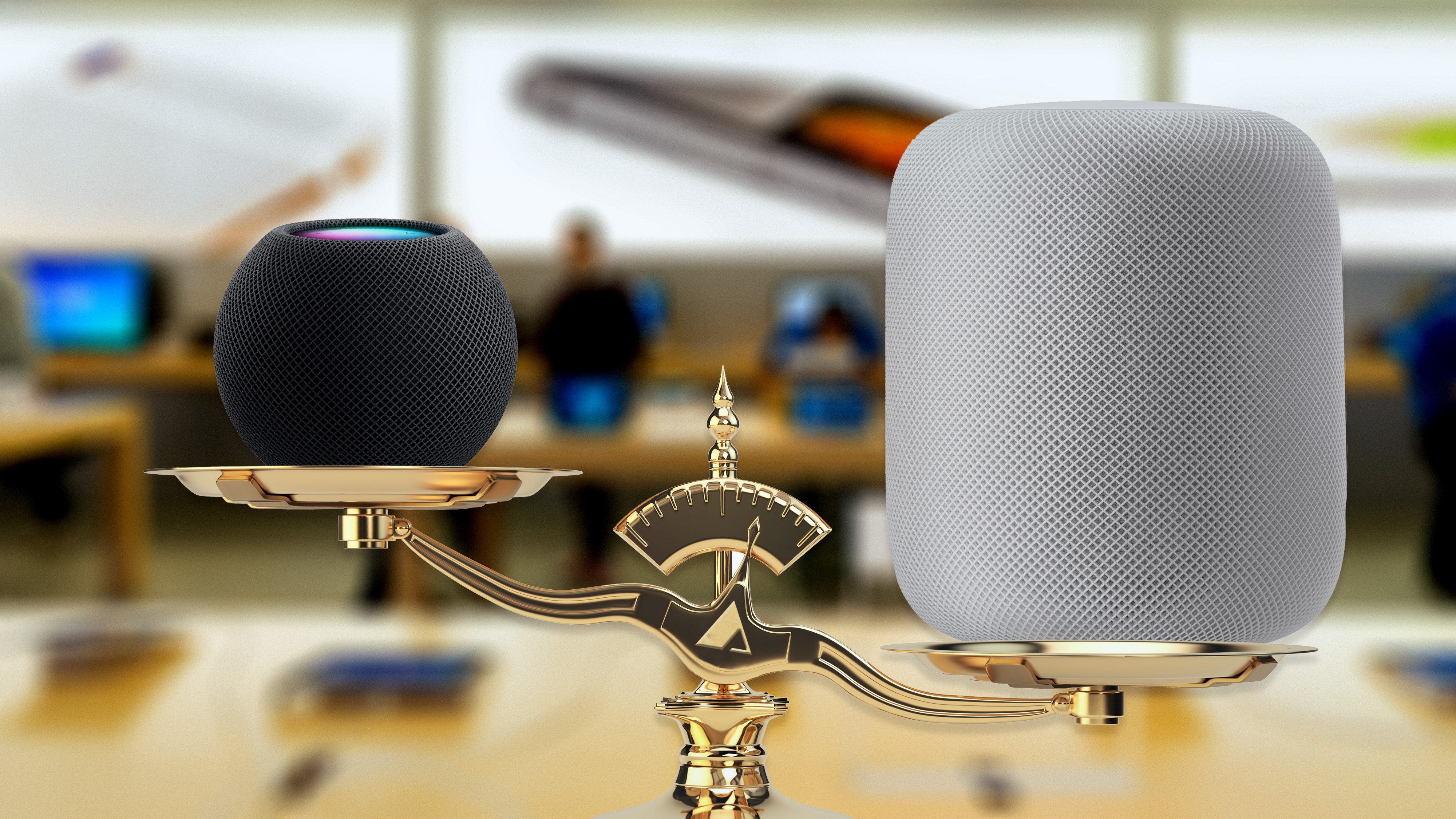
When Rihanna takes the Super Bowl stage on Sunday for her hotly anticipated halftime show performance, tens of millions of viewers just might get a glimpse into the singer’s philanthropy.
If she nods to empowering Black girls and women of color as leaders, or to the critical importance of preparing Caribbean nations like her own Barbados for climate change, she’ll be hinting at more than a decade’s worth of work done through her philanthropic organization, the Clara Lionel Foundation(Opens in a new tab) (CLF).
Rihanna founded the nonprofit, named after her grandparents, in 2012. The foundation has primarily focused on climate resilience and justice initiatives in communities of color, with an emphasis on partnering with leaders who are most affected by the crisis of climate change but least likely to receive support from major foundations. One study found that environmental justice groups groups only received $18 million(Opens in a new tab) of $1 billion awarded by environmental grantmakers. In 2022 alone, CLF awarded $15 million in grants to 18 organizations(Opens in a new tab) advancing climate justice in the U.S. and Caribbean.
“At the Clara Lionel Foundation, much of the work is rooted in the understanding that climate disasters, which are growing in frequency and intensity, do not impact all communities equally, with communities of color and island nations facing the brunt of climate change,” Rihanna said on the CLF website(Opens in a new tab).
When to watch the 2023 Super Bowl halftime show if you only care to watch Rihanna
So far, neither the NFL nor Rihanna have suggested her philanthropy will factor into her performance. (The NFL didn’t respond to inquiries sent by Mashable.) Justine Lucas, CLF’s executive director, told Mashable that she didn’t know whether Rihanna would incorporate the themes of her philanthropy into the show, either. No doubt most viewers would be just happy to watch a guest-star packed medley that includes hits like “Rude Boy,” “Diamonds,” and “Umbrella.”
If her philanthropy does go unmentioned, it’s worth remembering that the Super Bowl halftime show can be a fraught event for Black female performers, especially if they’re perceived as political. Janet Jackson endured long-lasting repercussions(Opens in a new tab) when Justin Timberlake briefly exposed part of her breast thanks to a “wardrobe malfunction” during their 2004 performance. Beyoncé faced an intense backlash when her 2016 appearance(Opens in a new tab) included imagery associated with the Black Panthers and Black Lives Matter movement. Rihanna previously declined the NFL’s Super Bowl invitation(Opens in a new tab), citing the league’s treatment of Colin Kaepernick, the former 49ers quarterback who kneeled to protest police violence.
Lucas said that regardless of what Rihanna features in her performance, she wants Super Bowl viewers to know CLF as a foundation that is “on a mission to make the Caribbean the world’s first climate-resilient zone.” One of its major initiatives invests(Opens in a new tab) in emergency preparedness to help communities better withstand natural disasters before they strike.
In 2021, the foundation awarded $7.5 million to more than 80 partners in seven Caribbean countries. This includes the Barbados Family Planning Association, along with other health clinics in the Caribbean, which received support to “harden” their facilities in order to deliver sexual and reproductive healthcare before, during, and after a hurricane. CLF also recently launched the With/Stand climate pledge that anyone can sign(Opens in a new tab).
“It is our invitation to the world to join us and support our vision for a climate-ready Caribbean,” Lucas wrote in an email.
“That type of leadership does not exist in the legacy of what philanthropy looks like.”
Isabelle Leighton, executive director of the Donors of Colors Network(Opens in a new tab), a cross-racial community of high net wealth donors that doesn’t have a formal relationship with CLF, praised Rihanna’s approach to philanthropy. She says traditional giving strategies, led predominantly by white funders, tend to “otherize” people of color and give from a “sense of charity.” By contrast, CLF points to a statistic that 95 percent of its partners focus on or are led by women, youth, people of color, or Black, Indigenous, or LGBTQIA+ communities.
“[Rihanna] is giving back to her home in a very bold way, and also making very public statements about how she’s investing in Black women and girls,” says Leighton. “That type of leadership does not exist in the legacy of what philanthropy looks like.”
Last month, CLF co-signed an open letter to philanthropy(Opens in a new tab) challenging foundations and grantmakers to collectively meet a $100 million commitment to the Black Feminist Fund. The campaign launched in 2021 with the goal of supporting “Black women and Black feminist agendas,” which include issues like violence prevention, land resource rights, and food and water security.
Leighton says that she’s excited by the possibility that the Super Bowl will draw attention to the causes that Rihanna supports — and the way she supports them. Yet she also understands that the average viewer might perceive discussion about the topic as another rich person “grandstanding” about their giving.
“This is one of those moments where you have to understand you can’t please everybody,” says Leighton.
But for high net worth donors of color who can relate to Rihanna’s journey of coming from a humble background and using her wealth to help empower her community, Leighton says the Super Bowl will be a powerful moment of representation.
“Leaders of color like Rihanna are actually what we need to be able to model and to show what new systems of power really need to look like for communities that are often left out of the decision-making process,” says Leighton.






